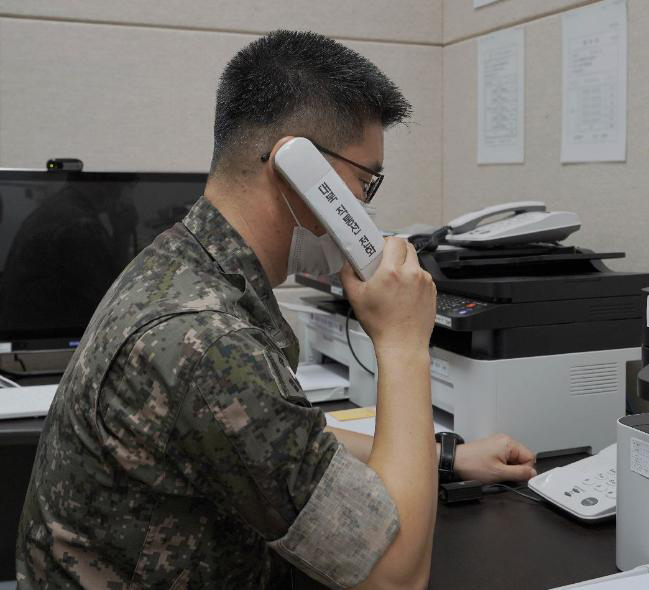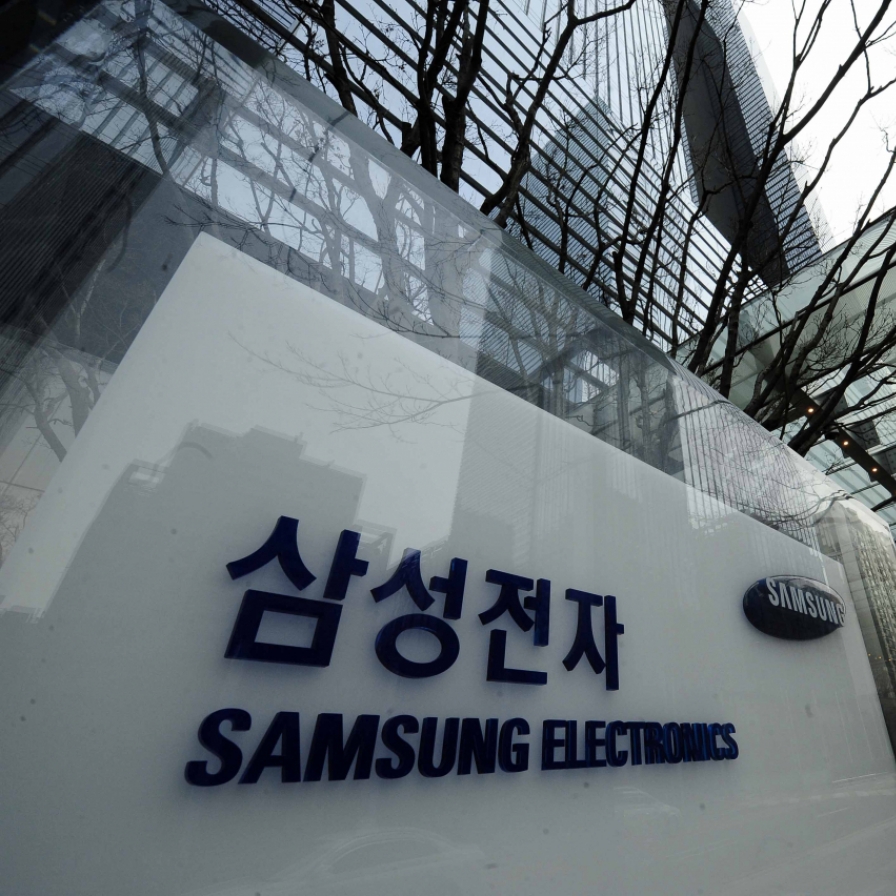
Regular communication between the two Koreas through cross-border hotlines has remained severed for one year as the North continues to be unresponsive to calls from the South amid increasingly frosty ties.
The two Koreas used to hold routine calls twice a day -- once in the morning and the other in the afternoon -- via liaison and military hotlines, but the North has stopped answering calls from the South since April 7, 2023.
The move came a day after Seoul called on Pyongyang to stop its unauthorized use of the now-shuttered joint Kaesong Industrial Complex.
Due to the severed lines, Seoul's unification ministry in charge of inter-Korean affairs has had to make public announcements through the media to communicate with the North.
The military has relied on the US-led UN Command that maintains a line with the North and oversees activities in the Demilitarized Zone, separating the two Koreas, to send messages.
Seoul has called on Pyongyang to restore the lines in an effort to prevent accidental military clashes and for humanitarian purposes, such as rescuing ships adrift at sea and responding to natural disasters.
The North has previously severed and later restored the hotlines with the South, although it remains uncertain whether the lines will open again.
In July 2021, the North restored the inter-Korean hotlines, about a year after it severed them in June 2020, in protest of anti-Pyongyang propaganda leaflets sent via balloon by North Korean defectors in Seoul.
In January 2018, it opened the channels after refusing contact since February 2016, in protest of the South's decision to stop operations at the Kaesong Industrial Complex in the namesake North Korean border city.
But hopes of a restoration remain dim this time as the North's leader late last year called inter-Korean ties as "two states hostile to each other" instead of those seeking unification.
In January, the North's leader also called for defining South Korea as the North's "invariable principal enemy" in its constitution.
"In the past, the communication channel could be restored once North Korea's complaints were resolved, but it will likely be considerably more difficult to restore it if South Korea is stipulated as a hostile country in the constitution," said Yang Moo-jin, president of the University of North Korean Studies in Seoul. (Yonhap)
![[KH Explains] No more 'Michael' at Kakao Games](http://res.heraldm.com/phpwas/restmb_idxmake.php?idx=645&simg=/content/image/2024/04/28/20240428050183_0.jpg&u=20240428180321)



![[Grace Kao] Hybe vs. Ador: Inspiration, imitation and plagiarism](http://res.heraldm.com/phpwas/restmb_idxmake.php?idx=645&simg=/content/image/2024/04/28/20240428050220_0.jpg&u=)
